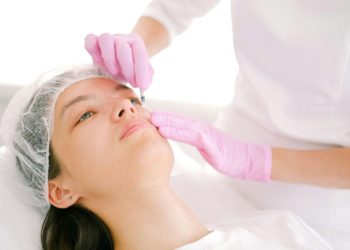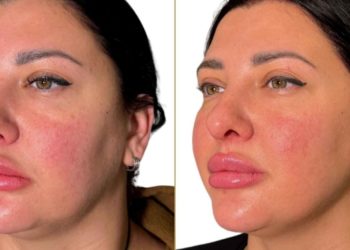Our bodies need certain hormone levels to function properly. When there is too much or not enough of a hormone, they are considered to be out of balance. As a result of a hormone imbalance you might notice symptoms that are out of the norm and that impact your quality of life. Let’s take a look at the signs of hormone imbalance, the underlying causes of hormone imbalance, and what you can do to make improvements.
Firstly, what do hormones do? Hormones are messengers that tell all the organs what to do – they are really important for most bodily processes, including blood pressure, mood, growth and even our reproductive cycles.
What are the symptoms of a hormone imbalance?
It is surprisingly difficult to diagnose a hormone imbalance from symptoms alone because they often cross over with many other conditions, and differ between men and women. If you choose to seek help from your GP or a private healthcare professional, they will likely want to run blood tests to ascertain the underlying cause of your symptoms. Symptoms will vary based on which hormones are unbalanced but to give you an idea, we have compiled some of the more common symptoms of hormonal imbalance below.
Women may experience fatigue, low energy, digestive issues, anxiety, irritability, depression, changes to their menstrual cycle (for example, very heavy periods), mood swings, low libido, reduced quality of sleep, changes to weight (an increase or decrease), changes to skin and hair (brittle hair or dry skin, for example), and even experience trouble getting pregnant.
In men, a hormone imbalance may look like a loss of libido, irritability, anxiety, changes to appetite, putting more weight on, changes in appetite, feeling exhausted all the time, interchangeable mood, acne, and trouble feeling rested after sleep. Men may also notice that they don’t see the results they used to in the gym in terms of muscle growth – this can slow as a result of changes in testosterone levels.
When it comes to addressing hormonal imbalances, especially during menopause, exploring supplemental support can be beneficial. While medical interventions like Hormone Replacement Therapy (HRT) are well-known treatments, incorporating supplements like MenoRescue can offer additional holistic support. In the MenoRescue Review, we examine whether this supplement effectively supports women’s health during menopause, targeting issues such as hormone imbalance and mood swings. Considering MenoRescue alongside HRT or as an alternative could provide a comprehensive approach to restoring well-being and enhancing quality of life during this transitional phase.
What causes hormone imbalance?
Our hormone levels change naturally as we get older, but outside of this there are many reasons for hormone imbalances, including chronic stress, being overweight, and taking certain medications like the pill or steroids. In addition, certain medical conditions can impact hormones, for example diabetes, Polycystic Ovary Syndrome (PCOS), thyroid issues, and the menopause.
Help for hormonal imbalance
The good news is that making lifestyle changes like reducing stress, putting energy into getting good quality sleep, eating a healthy diet, and exercising regularly can make a big difference to your hormone levels, and your health in general. However, for some people – particularly those with a medical condition like PCOS or menopause – these changes may not be enough to make a substantial difference on their own.
This is where medical interventions like the use of Hormone Replacement Therapy (HRT) come into play. HRT is a widely known treatment for menopause but it can actually be used to treat any hormonal imbalance. HRT can be a very effective way of rebalancing hormones and restoring your quality of life again.
Additionally, seeking guidance from professional Hormone Health Support services can be beneficial. They can provide personalized plans as needed to support hormonal balance. These services can also offer thorough assessments, along with ongoing monitoring and adjustments to ensure you recieve the ideal health outcomes. There are a few different types of hormones that can be used when it comes to HRT:
Traditional hormones: GPs in the UK are likely to prescribe synthetic hormones which are molecularly similar to the hormones in our own body but are not the same. They are available in limited doses for a small range of hormones.
Body identical hormones: Some GPs will prescribe body identical hormones which are derived from natural sources like plants. They are molecularly identical to those we have in the body, however, they are available in limited doses and in limited applications, like gels and creams.
Bioidentical hormones: There are also bioidentical hormones (BHRT) which are made in a compounding pharmacy. They are made from plant sources and are molecularly identical to those in our bodies. As they are made for each patient, the dosages and ingredients can be precisely tailored, and they are available in a wider range of applications than the other types of hormones. There are a growing number of private clinics offering bioidentical hormones in the UK.
Whichever your preference, if you have any symptoms that we have listed above we recommend seeking guidance from your GP or a trusted healthcare professional to get you on the path to recovery.


![7 Best POS Software in the UK [2026 Edition]](https://todaynews.co.uk/wp-content/uploads/2026/02/7-Best-POS-Software-in-the-UK-2026-Edition-360x180.png)








































































